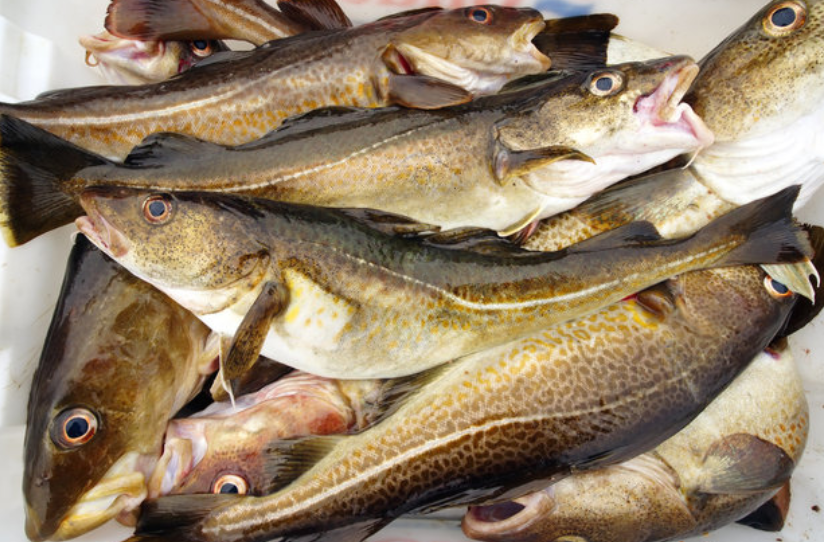Fish can be an excellent part of a healthy diet, providing important nutrients like omega-3 fatty acids which can lower your risk for diseases like cancer, Alzheimer’s, cardiovascular disease, and dementia, age-related macular degeneration, and rheumatoid arthritis, among others. However, there are certain fish you should never eat. Unfortunately, because of human industrial activity like coal-fired electricity generation, smelting, and the incineration of waste, large amounts of mercury are ending up in our waterways, and subsequently, the fish that swim in them. As this mercury gets into the marine food chain, it “bioaccumulates.”
This means that when smaller fish get eaten by gradually larger fish, the concentration of mercury at each level becomes greater. Consuming too much mercury can be not safe to your health, and cause mercury poisoning. For this reason, the US Food and Drug Administration (FDA) and the US Environmental Protection Agency (EPA) have issued guidelines regarding how much mercury is safe for humans to ingest, and the non-profit Environmental Defense Fund (EDF), provides suggestions for which fish you shouldn’t eat.
1. Tilapia
Did you know that in some regards, eating tilapia is worse than eating bacon? In fact, the shift to eating more farmed fish like tilapia is leading to highly inflammatory diets, according to a 2008 study published in the Journal of the American Dietetic Association.
Wake Forest University School of Medicine researchers say tilapia is one of the most widely consumed fish in America. The problem with that? It contains very low levels of beneficial omega-3 fatty acids and, perhaps worse, very high levels of inflammatory omega-6 fatty acids.
Sustaining high levels of inflammation in the body can worsen symptoms of autoimmune disorders and may be linked to chronic conditions like heart disease, cancer and diabetes.
If you must eat this fish, avoid tilapia from China, where farming practices are particularly worrisome. Better sources are the U.S., Canada, the Netherlands, Ecuador and Peru.
Of course, wild-caught tilapia is preferable to farmed fish but is very hard to find.
1.1 Atlantic Cod

The issue with Atlantic cod is more about the environment and fish populations than human health. This species has been heavily fished for over a thousand years, and by the late 1990s, the fishery collapsed. While fishing for Atlantic cod has significantly decreased since then, the population has had difficulty recovering. Experts agree that the collapse of the fishery has caused lasting changes to the North Atlantic food web, and the species is now classified as vulnerable to extinction.

